Article not found
This article is no longer available. But don't worry—we've gathered other articles that discuss the same topic.
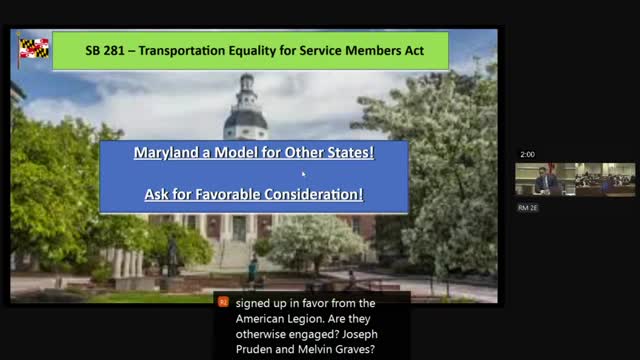
Sponsors press for statute requiring training, standards for child custody evaluators after years of reports
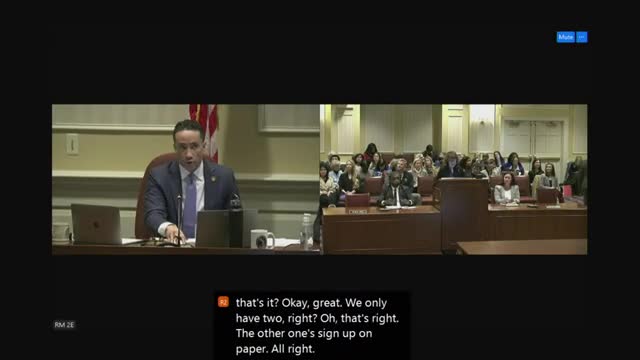
Senate panel hears bill to expand geriatric and medical parole criteria and remove governor from final step
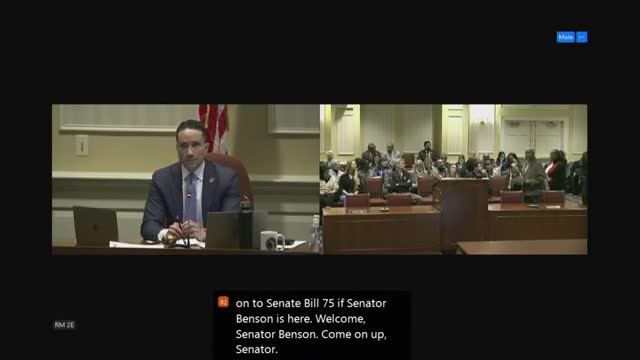
Sen. Benson pitches Parental Accountability Act as tool to push juvenile supervision and wraparound services
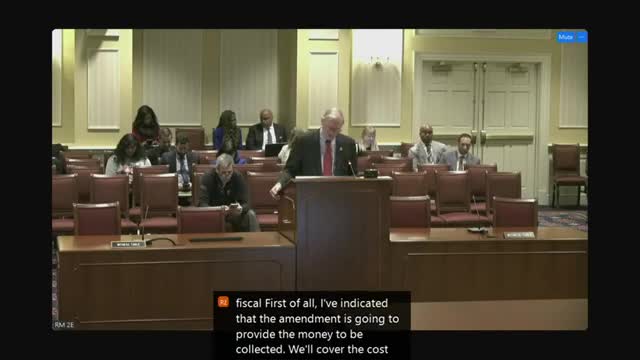
Lawmakers hear bill to let local Adult Protective Services share data with federal law‑enforcement on cross‑border financial exploitation
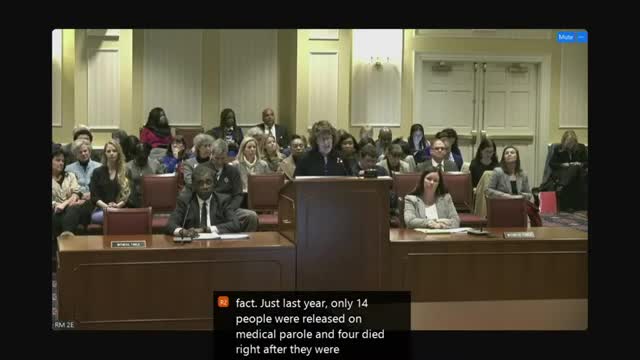
Long hearing on SB292: sponsor proposes recategorizing minor traffic infractions as secondary stops to reduce disparities; law‑enforcement and prosecutors urge,

